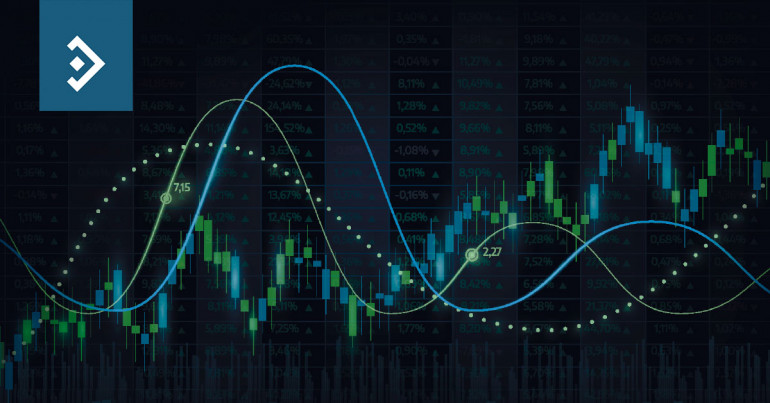
UK headline inflation rose 11.1%
Morning mid-market rates – The majors
17th November: Highlights
- Inflation rises to 11.1%
- Retail sales rise by 1.3% in October
- Trichet believes that monetary policy should continue to be tightened
GBP – PM admits that the UK’s reputation has taken a hit
He has already revealed that taxes will rise for all and that his plans will be fair for all, with everyone sharing the burden of higher taxation.
One measure that has already been revealed is that the amount of help with energy payments will be scaled back as the energy price cap, the subject of so much public angst earlier in the year will be scaled back.
The entire package is expected to be split 55%/45% between spending cuts and higher taxation.
The usual scramble that happens when Government spending is under review, where each Ministry is tasked with looking at where budget cuts can be made, has been taking place since Hunt took up the role.
After the frantic period of Liz Truss and Kwasi Kwarteng, which caused severe damage to the country’s reputation, it is hoped that Hunt will deliver plans that will restore the confidence of the financial markets.
Arriving back from the G20 conference in Bali this morning, the Prime Minister will travel to Westminster to provide moral support for the Chancellor.
The latest figures for inflation were published yesterday and showed that price rises are showing no sign of moderating.
Headline inflation rose at 11.1% in the year to October, despite what has appeared to be the stabilization of energy prices.
The price of several basic food items continues to rise significantly, with the cost of several items affected by the continued conflict in Ukraine and local supply issues.
The release of the figures for employment have already seen a record increase in wages, but even that is dwarfed by rising inflation. The latest data is sure to be of concern to the Bank of England as it struggles to bring inflation down while aware of the slowdown in economic activity.
With the base rate now at 3% and a further increase expected at the Bank’s next MPC meeting, rates are now close to neutral, and it is predicted that as they come close to 4%, they will begin to restrict activity and slow the rise in inflation.
The pound rose to a high of 1.1942 yesterday and closed at 1.1914 versus the dollar as the Greenback continued to correct. Its path today will be decided by the degree of confidence Hunt’s measures will instil in traders and investors.
Recommend our services and earn up to £75 per successful referral
USD – Bostik still feel that rates hikes haven’t worked
With two weeks to go until the November employment report is published, there is expectation growing that the Central bank will step back from another jumbo hike of seventy-five basis points and settle for a more moderate fifty points.
Atlanta Feed President Raphael Bostic commented yesterday that he doesn’t believe that the rises in interest rates that have been taking place since March have been the major factor in inflation beginning to moderate.
Other members of the FOMC, including Fed Governor Christopher Waller, are open to a fifty-point hike on December 14th but are also cautious in giving the impression that inflation has been beaten.
The possibility of a soft landing for the economy still exists but the current quarter and the next will be the most significant in the current environment.
Following the President’s meeting with his Chinese Counterpart in Bali recently, a further meeting has taken place between Treasury Secretary Janet Yellen and China’s Central Bank Governor that it is hoped will continue to repair the clear fracture in U.S./Chinese relations.
The meeting was frank, constructive and positive, according to officials and centred around the benefits to China of a price cap on exports of Russian oil.
Data for retail sales in October was published yesterday. It saw an improvement from being flat in September to a rise of 1.3% last month. While the data will have pleased the Fed, officials are most interested in the trend for the data, which continues to head lower.
Data for existing home sales will be released on Friday, and they are expected to see a continuation of the recent slump in activity. This is one area of the economy which is undoubtedly affected by a continued tightening of monetary policy.
The dollar index rose initially yesterday in reaction to heightened concerns of an escalation in the war in Ukraine, but it soon returned to its recent correction and fell to a low of 105.85, closing at 106.26.
EUR – There is no mutuality in how to fight prices increases
The official inflation rate for the entire region is 10.7% this month, up from 9.9% in September. However, the range seen by individual nations is variable. The Baltic countries are still the hardest hit, with inflation in Estonia at 22.4% last month, up from 6.8% a year ago, while France and Spain are seeing price increases well below the Eurozone average.
France is seeing food price inflation yet to have a significant effect, while Spain is less affected by the energy crisis.
From the range of inflation rates, it is easy to see the issues faced by the ECB when trying to create fair and equitable monetary policy for the entire region.
Seventy-five basis point rate hikes barely scratch the surface in Estonia, while they are contributing to a significant slowing of the economy. That is why it is so difficult to agree on the neutral rate and whether it has any bearing on ECB policy.
It is expected that the ECB will drive through another jumbo hike in interest rates at its next meeting and possibly the one following. However, with the effect of the hikes so variable, both growth and inflation react in diverse ways in individual states. Monetary policy can’t be created in a vacuum.
The war in Ukraine is another imponderable. Until there is a withdrawal of Russian troops, and the constant shelling of major cities abates, there will be significant shortages of several items of basic foodstuffs in the region.
Brussels is being extremely cautious in enacting sanctions on Russia, given the damage it can cause to the Eurozone economy by the almost constant variation of gas supplies through the various pipelines it has connecting it with Germany.
The euro fell initially as the threat of an escalation grew, but once it was clear that the missile that fell in Poland was of Ukrainian origin, the single currency resumed its recent rise,
It climbed to a high of 1.0438 and closed at 1.0397. It seems that traders are keen to see how much selling appears on a break of 1.05, although resistance appears to be at around 1.0460/80.
Alan Hill
Alan has been involved in the FX market for more than 25 years and brings a wealth of experience to his content. His knowledge has been gained while trading through some of the most volatile periods of recent history. His commentary relies on an understanding of past events and how they will affect future market performance.



